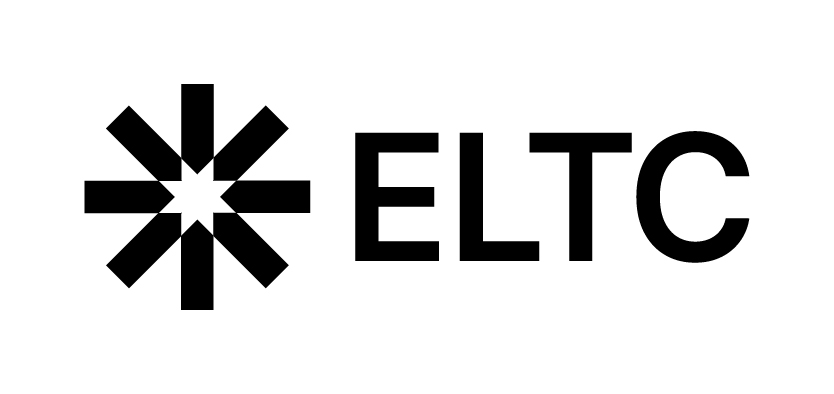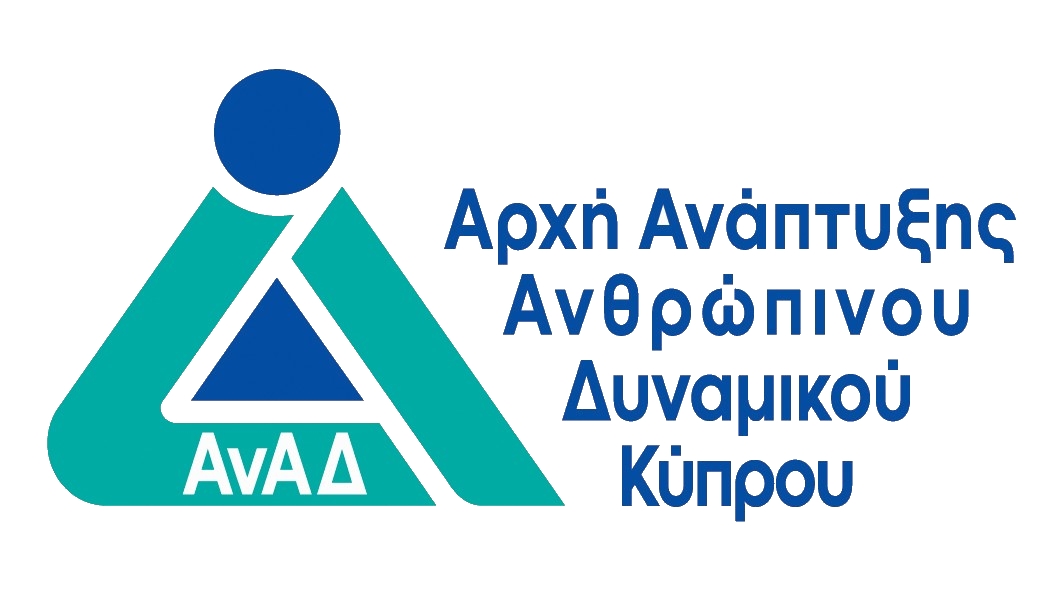
Introduction to Insurance Law and practice (12 CPDs)
- Χρηματοοικ. Ασφαλιστικά Τραπεζικά - Νομοθεσία, Νομική & Δικηγόροι

ΠΕΡΙΓΡΑΦΗ
This Seminar offers 12 verified CPD points by the Cyprus Bar Association.
This course aims to train lawyers and claims handlers in the application of insurance law, and the practice of dealing with insurance contracts in their everyday work.
The insurance industry is the second largest industry in Cyprus, behind banking, and our seminar titled ‘Introduction to Insurance Law ’ will provide you with the opportunity to explore insurance law, regulation and practice.
Insurance law is a dynamic and exciting aspect of commercial law that all law practitioners would benefit from developing an understanding of to underpin their wider legal studies. Following interviews and requests from a number of employers, insurance law practice training is now a required tool for all claims handlers (including lawyers). This course offers an excellent introduction whether you wish to specialise in insurance law or merely to widen your understanding of a key component of commercial law.
Insurance Law is deeply ingrained in our modern society. Individuals and businesses take a number of risks every day. Travelling from one place to another, driving, working as a professional eg as a solicitor or barrister or medical doctor or a plumber, on a bigger scale operating financial institutions, and importing – exporting goods all involve risks.
Individuals and businesses take into account the risks involved and take out insurance against such risks. When we go on a holiday we take out travel insurance, if we take out a mortgage the bank requires us to take out a life insurance policy, when you purchase a coffee from a chain coffee shop you must know that inevitably they are insured against their liabilities eg for accidentally spilling the coffee and injuring their customers, importers of goods insure their cargoes carried from overseas countries, airline, train line, and bus companies purchase insurance insuring their liability to passengers, shipowners purchase hull insurance against loss of or damage to their expensive ships and insurance against their liabilities to their employees as well as the companies that they trade with.
Businesses may insure against their loss of profit (business interruption) as a pure economic loss. Whether you do public or private law you must know that there is insurance behind several risks that one may encounter in a day.
Employers recognize the importance of insurance law practice since the issue of insurance can touch upon a number of claims that the law firm/insurance broker or claims handling department deals with or defends on a daily basis.
ΣΚΟΠΟΣ ΣΕΜΙΝΑΡΙΟΥ
Attending a course on an introduction to insurance practice can be highly beneficial for lawyers, insurance brokers, and claims handlers for the following reasons:
1. Comprehensive Understanding: The course provides a holistic overview of insurance practices, covering key concepts, principles, and regulations in the insurance industry. Participants will gain a thorough understanding of insurance policies, claims processes, legal frameworks, and industry practices.
2. Legal Knowledge Enhancement: For lawyers, attending the course will enhance their understanding of insurance law and regulations. It will provide insights into insurance contracts, coverage analysis, policy interpretation, and legal issues related to insurance claims. This knowledge will enable lawyers to effectively represent clients in insurance-related matters and provide informed legal advice.
3. Industry Insight: Insurance brokers and claims handlers will benefit from attending the course as it will offer a comprehensive understanding of the insurance market, different types of insurance policies, risk assessment, and underwriting processes. This knowledge will enable brokers to effectively guide clients in selecting appropriate insurance coverage, while claims handlers will gain insights into the claims evaluation and settlement procedures.
4. Compliance and Regulatory Awareness: Insurance is a heavily regulated industry, and staying updated with the evolving legal and regulatory landscape is crucial. The course will cover relevant insurance regulations, compliance requirements, and industry standards, ensuring that participants can operate within legal boundaries and fulfill their professional responsibilities.
5. Professional Development: Attending the course will contribute to professional development by expanding participants' knowledge base and skill set. It will provide them with the necessary tools and expertise to navigate insurance practices, negotiate insurance policies, handle claims efficiently, and effectively communicate with clients and insurance providers.
6. Risk Management: Understanding insurance practices is essential for risk management professionals, as it enables them to identify potential risks, evaluate insurance options, and make informed decisions to protect businesses and individuals. The course will enhance participants' ability to assess risk exposures, analyze insurance policies, and develop risk management strategies.
7. Client Representation: Lawyers, insurance brokers, and claims handlers represent clients in insurance-related matters. By attending the course, participants will gain insights into client representation techniques, effective communication strategies, and negotiation skills. This will enable them to better advocate for their clients' interests and achieve favorable outcomes in insurance transactions and claims settlements.
ΣΕ ΠΟΙΟΥΣ ΑΠΕΥΘΥΝΕΤΑΙ
- Lawyers
- Legal Advisors
- Insurance brokers
- Claims handlers in claims departments.
ΠΕΡΙΣΣΟΤΕΡΕΣ ΠΛΗΡΟΦΟΡΙΕΣ
COURSE CONTENT
UNIT 1: Introduction
- Introduction to the general principles of insurance law.
- How is the Formation of an insurance contract done
- Privity and third-party rights in insurance contracts - what you should know and look out for in the contract.
- Insurable interest
- Insurance intermediaries
- Regulation of Insurance in Cyprus law.
- Questions and answers
UNIT 2: The components of the Cyprus Insurance market
- The function of the regulator in ensuring that firms are compliant with the regulatory framework
- How does the regulator carry out its functions (on-site, off-site etc.).
- The functions, scope and main operations conducted by the insurance company
- The functions, scope and main operations conducted by intermediaries such as brokers and agents, and sellers.
- Scenarios to consider
- Questions and answers.
UNIT 3: General principles and the formation of an insurance contract
- Types of insurance contracts
- The basic principles of insurance.
- Insurable interest
- Utmost good faith
- Proximate cause
- Indemnity
- Subrogation
- Contribution.
- The procedure that the insurance companies take in forming the contracts
- Principles of construction of insurance contracts
- The essential elements of an insurance contract
- Formation of a contract – (offer, acceptance, consideration)
- Formality and legality of an insurance contract from the perspective of insurance law.
- Questions and answers -
- Scenario working and
- Discussion.
UNIT 4: The different types of policy terms
- Basis of the contract clauses. Turning proposals into warranties in the contract
- Warranties (in Cyprus can a policyholder take steps to remedy the breach so that the insurer is no longer able to discharge their liability?)
- The legal consequence of the breach of a warranty in an insurance contract
- Conditions precedent
- The legal consequence of breach of a condition precedent in an insurance contract
- Can insurance companies contract out of certain provisions of the law?
- The principle of utmost good faith.
- Elements of the duty of utmost good faith
- Non – disclosure
- Facts material to insurance contracts
- Misrepresentation
- Is there a post-contractual duty of good faith?
- Agents and proposal forms.
- Remedies for breach of duty
- The insurer’s duty of utmost good faith
- The process of underwriting
- Questions and answers
- Scenario working
UNIT 5: How insurance companies mitigate their risk – what you should be aware of
- How do insurance companies mitigate their risk.
- Navigating the obligations that have been imposed on the insured in a claim
- Separating the contractual obligations that may be classified as either warranties or conditions
- Implementing the right strategy depending on if the mitigation is in a form of a warranty or a condition.
- Strategies for evaluating the insurance contract in light of the common law rules and the law.
- Questions and answers
- Scenario working and discussion
UNIT 6: Insurance claims
- Privity of contract and the right of a beneficiary under the insurance contract
- Measure of indemnity
- Notice and proof of claim
- Salvage and abandonment
- Subrogation and contribution.
- scenario working and discussion
- questions and answers.
Πληροφορίες Εκπαιδευτή
Αναλυτικό Κόστος Σεμιναρίου
Για Δικαιούχους ΑνΑΔ
- € 339.00
- € 204.00
- € 0.00
- € 135.00
- € 135.00
Για μη-Δικαιούχους ΑνΑΔ
- € 339.00
- € 0.00
- € 64.41
- € 339.00
- € 403.41
ΠΡΟΓΡΑΜΜΑ ΣΕΜΙΝΑΡΙΟΥ
Πέμπτη - 07 Δεκ 2023
Ώρα
14:00 - 17:00
ΕΚΠΑΙΔΕΥΤΗΣ:
Νικόλας ΚυριακίδηςΤοποθεσία:
OnLine Virtual Classroom
Τετάρτη - 13 Δεκ 2023
Ώρα
14:00 - 17:00
ΕΚΠΑΙΔΕΥΤΗΣ:
Νικόλας ΚυριακίδηςΤοποθεσία:
OnLine Virtual Classroom
Πέμπτη - 14 Δεκ 2023
Ώρα
14:00 - 17:00
ΕΚΠΑΙΔΕΥΤΗΣ:
Νικόλας ΚυριακίδηςΤοποθεσία:
OnLine Virtual Classroom
Τετάρτη - 20 Δεκ 2023
Ώρα
14:00 - 17:00
ΕΚΠΑΙΔΕΥΤΗΣ:
Νικόλας ΚυριακίδηςΤοποθεσία:
OnLine Virtual Classroom
 Ελληνικά
Ελληνικά  English
English



 Ελληνικά
Ελληνικά
 12 ώρες
(
4 μέρες
)
12 ώρες
(
4 μέρες
)






